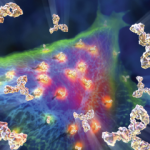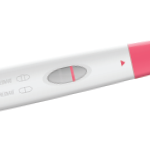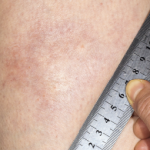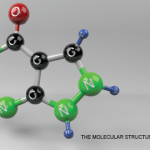A study published in Arthritis & Rheumatology highlights how the presence of autoantibodies to peptidylarginine deiminase (PAD) may eventually be used to influence treatment decisions in the management of rheumatoid arthritis (RA), sharpening our understanding of disease subtypes.1 Although follow-up prospective studies are needed, these findings underline some intriguing areas for future investigations in immunobiology….










